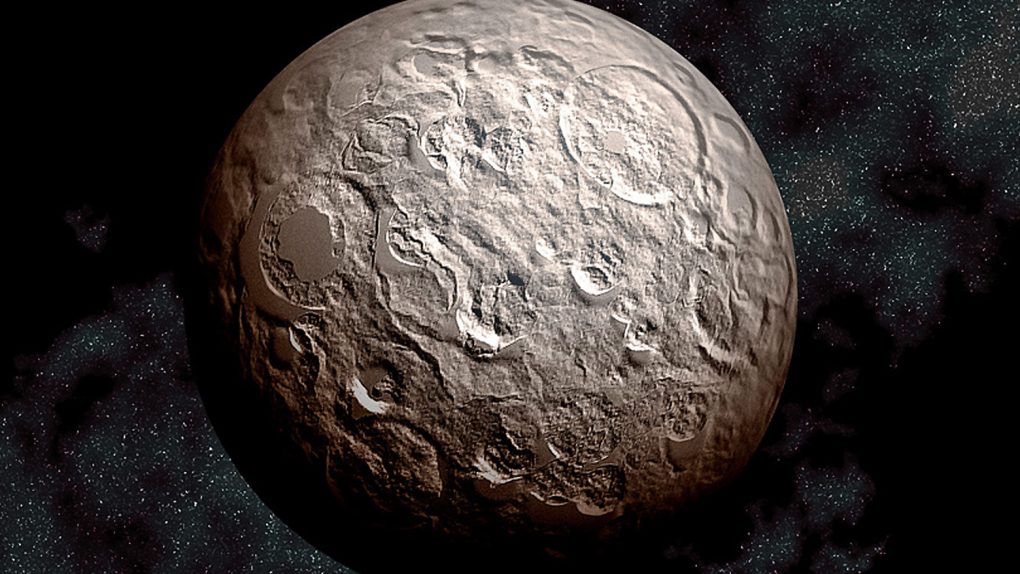Astronomers around the world continue to spot new planets outside of our Solar System on a regular basis, and some of those worlds look like they just might be good candidates for life, but spotting moons that aren’t in our immediate neighborhood is a far more difficult challenge. Now, researchers led by David Kipping of Columbia University think they might be the first to actually confirm the presence of a moon in a distant planetary system — an “exomoon” — and it’s an extremely exciting discovery.
The team made its find using data from the Kepler Space Telescope, and used a familiar technique to spot the mythical moon. Observing the star called Kepler-1625, researchers have spotted regular dips in the brightness of the light it emits, proving the presence of a planet, and a similar strategy was used to detect the faint hint of a moon. As the planet passed in front of the star, the brightness of the light from behind it repeatedly dipped even further, suggesting a moon orbiting the planet was blocking out additional light at regular intervals.
The data suggests that if the moon does exist — and the chances of the readings being erroneous are somewhere in the neighborhood of 1 in 16,000, so it seems incredibly likely — it’s actually quite large. The planet it orbits is thought to be roughly the size of Jupiter, and the moon itself is as large as Neptune, making it nearly four times larger than Earth.
Despite the difficulty of detecting moons in far-off planetary systems, finding them is still a high priority for astronomers. Moons are just as likely — and in some cases, more likely — than their host planets to support extraterrestrial life, and if we do manage to discover living organisms outside of Earth, it could very well be found on a moon rather than a planet.








